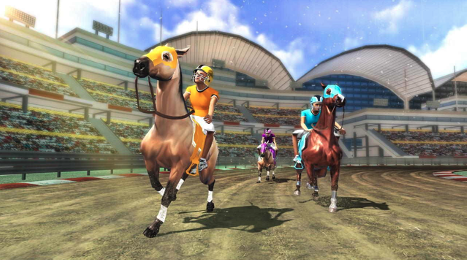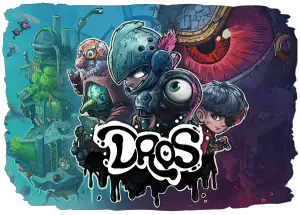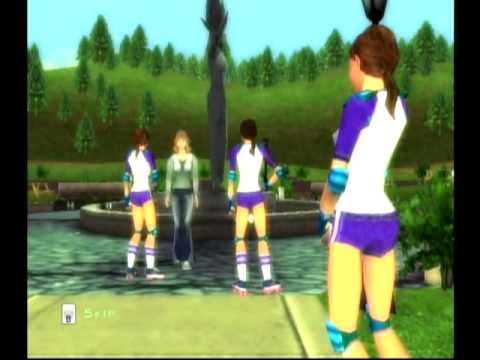Persona 5 was heavily delayed, being moved out of a summer window and shifted to February 14th, 2017. One of the things that had a lot of people curious about the delay is whether or not it was affected by the localization of the game. Well, whether or not localization affected the delay remains to be seen, but one thing is for sure: it has been very challenging.
During the E3 show floor interviews the PlayStation brand had Justin Massongill from Sony Interactive Entertainment America interviewing people from various development studios about upcoming titles for PlayStation consoles. One of the people he managed to talk to was translator Mai Namba from Atlus’ localization team, who is currently working on Persona 5 for the PS3 and PS4.
Massongill had some very interesting questions for the translator, slowly trying to pry into how much of Persona 5 was being altered, changed, butchered, mangled, improved or tailored to suit the cultural differences of Western audiences.
Massongill pried Namba about the job of being a translator, which you can check out in the clip below.
For the hearing impaired, Massongill asked how challenging the job was in translating Persona 5, and Namba responded by saying…
“It actually is [very challenging] because the game is set in Tokyo. It’s Japan, so a lot of the jokes that are referenced, a lot of the news that are referenced – it’s based in Japan. When we’re localizing the game we have to keep in mind: How do we keep it true to the original Japanese game but also make it accessible to the American audience?
“So… there are jokes that are definitely not going to translate over from Japanese to English, so we have to tweak it a bit [and] make sure that we’re still getting the same idea across… but make it fun. So the localization process for a Persona game is definitely very, very challenging.”
Massongill wasn’t done with the inquisition into the localization process for Persona 5. He continued to drill Namba about her team’s task in bringing the game to life for English speaking audiences, asking about how the challenges of a large scale, story-driven game like Persona 5 ties into bringing the characters from one region to the next while also keeping them autochthonous.
According to Namba, she explained that there are always translators who play the game and then get familiar with all of the characters and story, and then those translators sit down with the rest of the team and then they attempt to flesh out the characters. Namba mentions that they go over mannerisms, how they talk, idiosyncrasies and things of that sort, calling it an “off and on” project.
Finally, Masongill asked if localization teams play through the entire game first before going through the translation and localization process or do they play it piecemeal and go from there. According to Namba…
“With a game as big as Persona 5, a lot of times the game is still in development [during localization], so we will get the assets from Japan and we will try to make use of that as much as possible; try to figure out all of the characters and work from there.
“If we’re lucky, we’ll get a full enough build that we can actually play through and get a full grasp of it, but that doesn’t necessarily happen all the time, unfortunately.”
The questions were interesting but the answers were very diplomatic. Following on the heels of previous controversies involving the localization methods – especially from Nintendo’s North American Treehouse – gamers have been extremely cautious about games getting translated and titles being ported from Japan to America and Europe.
Mostly it’s been the North American localization branches that have taken liberties with completely censoring storylines (i.e., like in the case of Blade & Soul) or removing character options (i.e., such as removing the chest slider in the character creation process of Xenoblade Chronicles X) or destroying the female anatomy due to some female body parts being considered perverse (i.e., such as removing the female pelvic bones in Tokya Mirage Sessions #FE).
So far there haven’t been any major reports about censorship happening in Persona 5, and it was nice to see someone from SIE trying to get to the bottom of whether or not Atlus’ localization team would be making any major changes to the title as it makes the transition from the East to the West. For right now it appears as if everything is fine and dandy in the Atlus camp when it comes to localizing Persona 5 for the PS3 and PS4.
You can look to get your hands on the game come Valentine’s Day on February 14th, 2017.










